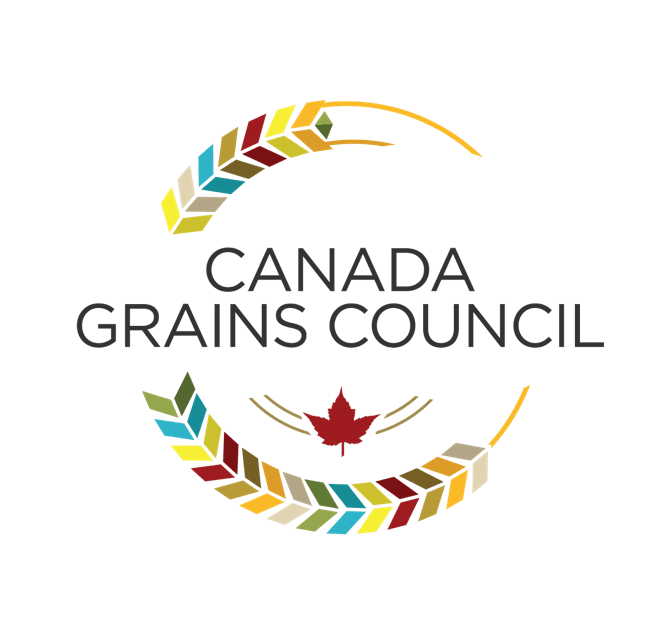Canada Grains Council calls for strong action to address innovation-related trade barriers facing Canadian grain exports to the EU

Jan. 27, 2026 (Ottawa, ON) — The Canada Grains Council (CGC) has released a new white paper calling for stronger Canadian leadership to address emerging innovation-related trade barriers in the European Union (EU) that threaten the competitiveness of Canada’s grain exports.
The paper examines how increasing regulatory divergence—particularly in the EU—is creating uncertainty for Canadian exporters and limiting agriculture’s ability to support Canada’s trade diversification and economic growth objectives.
“As Canada looks to diversify trade and strengthen economic resilience, agriculture must be part of the solution,” said Erin Gowriluk, President of the Canada Grains Council. “Science-based, risk-based regulation is essential to maintaining market access and ensuring Canadian farmers can continue to innovate.”
The white paper warns that the EU’s hazard-based regulation and move towards pesticide reciprocity measures could restrict Canadian exports produced using crop protection tools approved as safe by Canadian regulators, setting a trade restrictive precedent that could spread to other key markets for Canadian grain.
To address these risks, the white paper outlines two key recommendations for the Government of Canada:
- Establish and lead a coalition of like-minded countries to defend science- and risk- based regulation and promote trade-facilitative approaches to crop protection standards, including improved international alignment on maximum residue levels (MRLs).
- Fully utilize existing bilateral mechanisms, including those under the Canada–European Union Comprehensive Economic and Trade Agreement (CETA), to challenge innovation-related trade barriers and oppose the EU’s pesticide reciprocity approach.
“Canada has an opportunity to lead globally on science-based trade,” Gowriluk said. “By working with trusted partners, we can protect export markets, support innovation and strengthen agriculture’s contribution to Canada’s economy.”
-30-
For more information, please contact:
Erin Gowriluk
President
Canada Grains Council
343-549-4767 | erin@canadagrainscouncil.ca

